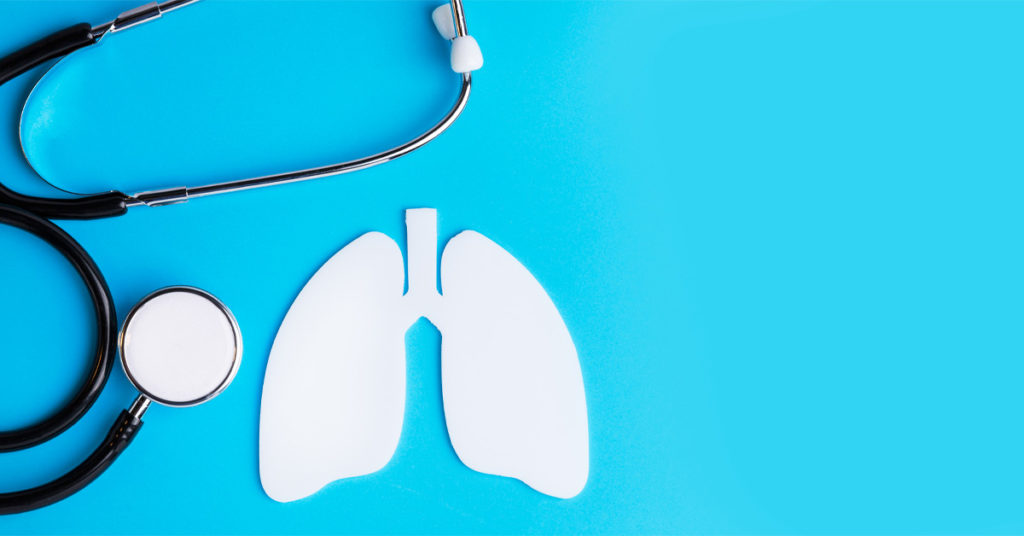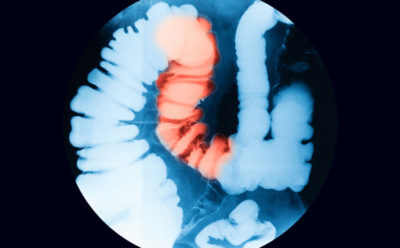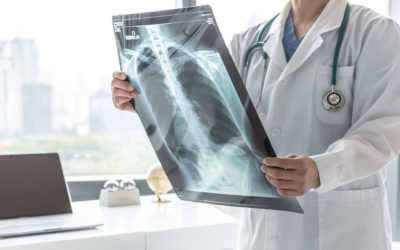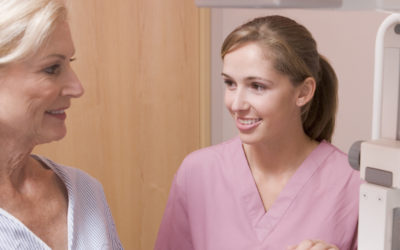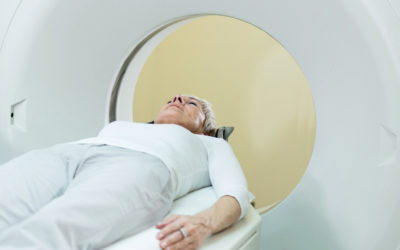Fannin Regional Hospital offers low-dose CT screenings for patients who might be at risk for lung cancer, including smokers and former smokers.
Here are three things to know about lung cancer screening:
- Lung cancer screening has been shown to decrease the risk of lung cancer death in patients who are high-risk for developing cancer.
- A lung cancer screening CT scan can detect cancer before symptoms are noticeable and at an early stage when the cancer is in a localized area of the lung.
- When lung cancer is found early, many treatment options are available, which greatly improves the likelihood of survival.
The program brings together an experienced multidisciplinary team that includes a dedicated lung cancer screening coordinator, smoking cessation assistance and physicians in pulmonary medicine, radiology, oncology, and thoracic surgery.
The Gateway Regional Lung Cancer Screening Program team will work closely with your physician during the screening process and facilitate any additional testing or follow-up care that you may need should a cancer be found.
Who is qualified?
- Lung cancer screening is recommended for patients who are at high risk for lung cancer. Low-dose CT screenings are recommended for patients who:
- Private Insured ages 50-80 / Medicare covered ages 55-77
- Currently smoke or have quit within the past 15 years.
- Have a history of smoking one pack of cigarettes per day for 20 years.
- Have no current symptoms of lung cancer.
About Lung Cancer
Lung cancer is one of the most common forms of cancer and it is the leading cause of cancer-related death in the United States. It claims more lives each year than breast, prostate and colorectal cancers combined.
Low-Dose CT Scan
A suspicious or positive result means that the CT scan shows something that is abnormal. This could mean lung cancer. It could also be a false positive, or something that looks like a cancer but is not, such as a scar or infection. If that is the case, you may need additional testing to determine why the CT scan is abnormal.
A negative result means that there were no abnormal findings at the time of the CT scan. It does not mean that you will never get lung cancer.
Lung Cancer Prevention
A lung cancer screening does not prevent lung cancer, but it can detect cancer before an individual develops symptoms of the disease. The best way to prevent lung cancer is to never smoke or stop smoking now. If you currently smoke, ask how we can help you quit.
Make an Appointment
If you believe you are at high risk for lung cancer and would like more information, contact your physician. You must have a primary care provider to participate in the lung cancer screening program. If you do not have a primary care provider, visit FanninAnytime.com to self-schedule an appointment.
Cost
Most medical insurance plans cover this screening.
Contact
If you believe you are eligible for the screening, contact your primary care provider. Once you have an order, you may contact our scheduling department to schedule an appointment.
For More Information
Call 706-632-4248
Related Services and Conditions
Fluoroscopy
Sometimes doctors need to see more than a still image to diagnose or treat a problem. Fluoroscopy is a test that uses a steady beam of x-rays (like a movie) to look at parts of the body and movement within the body, such as blood moving through a blood vessel....
Dexa
Osteoporosis means, literally, “porous bones,” and is a debilitating disease that can lead to bone fracture. More than 52 million Americans have low bone density and are at risk for osteoporosis— 80% are women. DEXA scans (which stands for Dual-Energy X-Ray...
Diagnostic Imaging
At Fannin Regional Hospital and Riverstone Imaging Center, diagnostic imaging is used to create a graphic depiction of the structures and functions of the body’s organs and other internal systems. These images are used to examine and diagnose certain medical...
ACR Accredited Digital Mammography
Digital mammography uses computers and specially designed digital detectors to produce an image that can be displayed on a high-resolution computer monitor and can be transmitted and stored like any computer file. For patients, having a digital mammogram is very much...
CT Scan
Thanks to CT scanning (computed tomography, often called a “CAT” scan) doctors can view a “slice” of the human body painlessly. Often used to diagnose life-threatening conditions and issues like cancer, blood clots, infections, lung and liver disease, head and spine...

